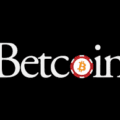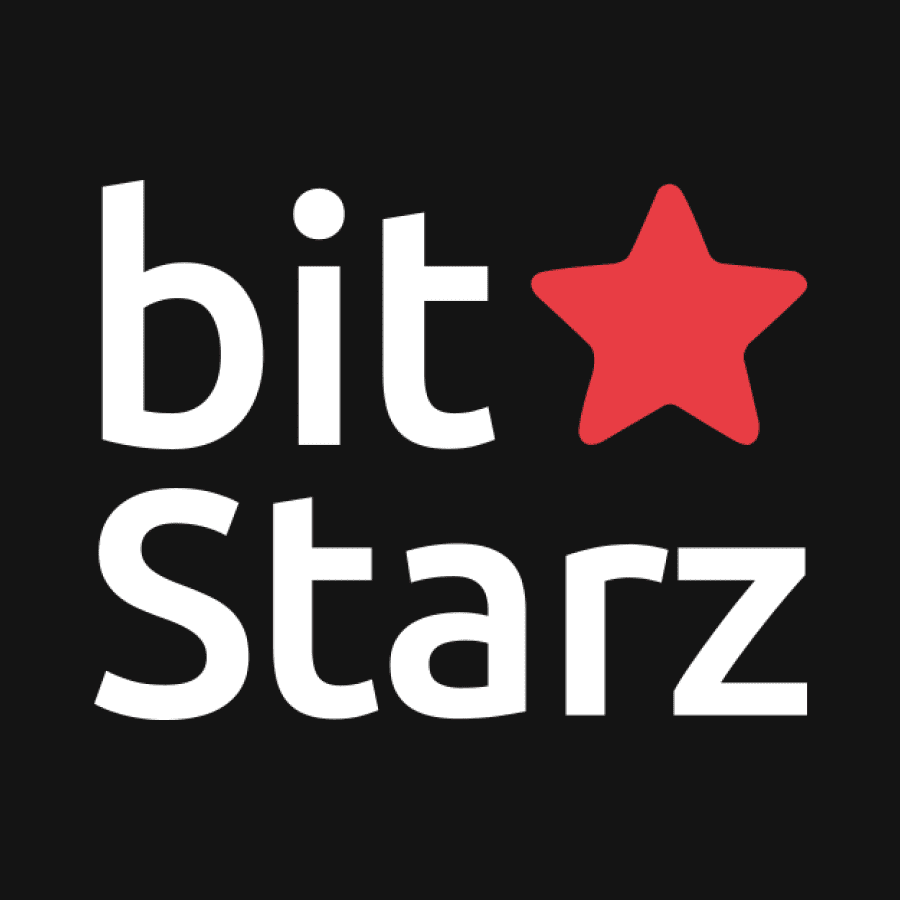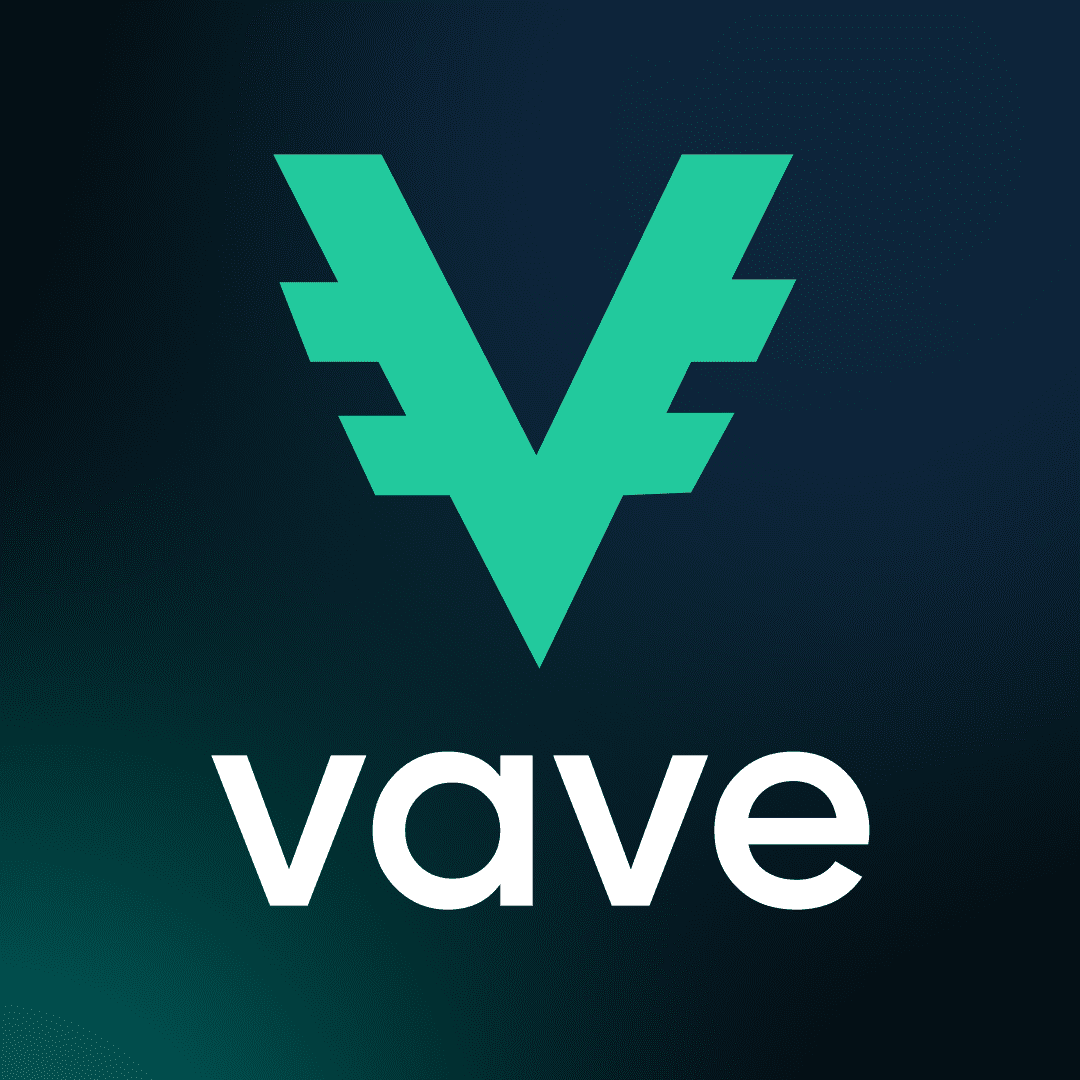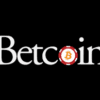Ethereum Casinos Gambling Guide
Ethereum gambling refers to the use of Ethereum (ETH), a popular cryptocurrency, to participate in online gambling activities. The use of Ethereum in gambling offers a decentralized, secure, and transparent alternative to traditional gambling platforms. Here’s an overview of how Ethereum gambling works, its benefits, and the platforms that facilitate it:
How Ethereum Gambling Works:
- Smart Contracts: Ethereum gambling platforms often use smart contracts to automate games and betting processes. A smart contract is a self-executing contract with terms written directly into code. When specific conditions are met (like a user placing a bet or reaching a specific outcome), the smart contract automatically processes the result without requiring intermediaries. This ensures fairness and transparency.
- Decentralization: One of the key features of Ethereum-based gambling platforms is decentralization. Unlike traditional online casinos, where a central authority controls the games, Ethereum gambling platforms are often decentralized applications (dApps) that run on the Ethereum blockchain. This reduces the risk of fraud, manipulation, or censorship.
- Anonymity and Privacy: Ethereum transactions are pseudonymous, meaning users do not have to provide personal information like they would when using traditional online gambling sites. Players can gamble while maintaining a degree of privacy, though transaction details are still publicly recorded on the blockchain.
- Low Fees and Fast Transactions: Using Ethereum for gambling often results in lower transaction fees compared to traditional payment systems, especially for international payments. Additionally, Ethereum transactions are relatively fast, with settlement times ranging from a few seconds to minutes, depending on network congestion.
- Provably Fair Games: Many Ethereum gambling platforms offer “provably fair” games. This means players can independently verify the fairness of a game by checking the blockchain. Players can verify whether the outcome of a game was truly random and not manipulated.
Benefits of Ethereum Gambling:
- Transparency: Blockchain technology ensures that all transactions and game outcomes are publicly recorded, which increases trust and fairness.
- Security: Ethereum’s blockchain is highly secure, making it difficult for hackers to alter transactions or game outcomes.
- No Middlemen: With decentralized platforms, there are no intermediaries (like banks or gambling operators) taking a cut of the winnings.
- Global Accessibility: Ethereum gambling platforms are accessible to anyone with an internet connection, regardless of location. This opens up opportunities for people in countries with restricted access to traditional online gambling.
- Cryptocurrency Advantage: Players who are already using Ethereum or other cryptocurrencies can gamble using their crypto funds without the need to convert to fiat currency.
Ethereum Gambling Risks and Challenges
- Regulation: The legality of Ethereum gambling varies by jurisdiction. Some countries have strict regulations on online gambling, and using cryptocurrency may complicate matters further.
- Market Volatility: Cryptocurrency prices, including Ethereum, can be volatile. The value of the ETH you use for gambling could fluctuate significantly, potentially affecting your winnings or losses.
- Security Concerns: While Ethereum itself is secure, users may fall victim to phishing attacks, scams, or issues with the platforms they use. It’s important to choose reputable and trusted platforms.
- Network Congestion: Ethereum’s network can sometimes become congested, leading to slower transaction times and higher fees, particularly when the network is busy.
Ethereum gambling offers a decentralized and transparent way to engage in online gambling, with benefits such as fairness, low fees, and privacy. However, users should be cautious and aware of the risks, especially related to security and market volatility. Always do thorough research before participating in any Ethereum-based gambling platform.
21+ only. Know When To Stop Before You Start®. Gambling Problem? Call 1-800-GAMBLER; or visit connexontario.ca or call 1-866-531-2600 or text CONNEX to 247247.
Ethereum Wallets
An Ethereum wallet is a digital tool that allows you to interact with the Ethereum blockchain. It allows you to store, send, and receive Ether (ETH) and ERC-20 tokens. Ethereum wallets can come in different types, each offering various features in terms of security, convenience, and functionality. These wallets are essential for participating in decentralized applications (dApps), decentralized finance (DeFi), and other blockchain-based services.
Here’s a breakdown of the different types of Ethereum wallets:
- Software Wallets
These wallets are applications or programs that you can install on your computer or mobile device. They offer a balance between convenience and security.
- Desktop Wallets:
These are installed on a personal computer and allow users to manage their Ethereum funds.- Example:
- MetaMask (also available as a browser extension)
- Exodus
- Mist
- Example:
- Mobile Wallets:
These are apps for smartphones (both Android and iOS).- Example:
- Trust Wallet
- MetaMask (Mobile Version)
- Coinomi
- Example:
- Web Wallets:
These are online wallets that can be accessed from any browser. They are often simpler to use but may pose a higher security risk if the website is compromised.- Example:
- MyEtherWallet (MEW)
- MetaMask (Web Extension)
- Example:
- Hardware Wallets
Hardware wallets are physical devices that store your private keys offline. They are considered very secure because they keep your keys safe from online threats like malware or hacking.
- Example:
- Ledger Nano X / S
- Trezor Model T / One
- KeepKey
- Paper Wallets
A paper wallet is a physical document with printed keys (public and private). It’s a cold storage method where the keys are not stored on any device, providing a high level of security but making access less convenient.
- Example:
- You can generate Ethereum paper wallets using online services like MyEtherWallet (MEW) or Ethereum Paper Wallet Generator.
- Smart Contract Wallets
These are more advanced wallets that use smart contracts to manage your assets. They provide additional features like social recovery, multi-signature, or automated transaction management.
- Example:
- Gnosis Safe
- Argent
- Custodial Wallets
These wallets are managed by third parties (like exchanges or financial institutions), meaning they hold the private keys for you. While convenient, they require trust in the provider since they control access to your funds.
- Example:
- Coinbase Wallet
- Binance Wallet
Key Concepts Related to Ethereum Wallets:
- Private Keys: A private key is essentially your password for accessing and managing your Ethereum funds. If someone gets access to your private key, they can access your funds.
- Public Keys: A public key is a cryptographic identifier that acts as your wallet address (similar to an account number in traditional banking).
- Seed Phrase: A seed phrase is a list of words generated by your wallet to back up and restore your private keys. It is crucial to store it safely, as it can restore access to your wallet in case you lose your device.
How to Choose the Right Wallet:
- Security: Hardware wallets are the most secure, while software wallets (especially custodial ones) are more vulnerable to hacking.
- Convenience: Software wallets are easier to use and set up, but they might not offer the same security as hardware wallets.
- Features: Some wallets support advanced features like staking, DeFi, or multi-currency support.
Final Thoughts:
The Ethereum wallet you choose depends on your specific needs:
- For beginners, software wallets like MetaMask or Trust Wallet may be more convenient.
- For long-term storage, hardware wallets offer the highest security.
- For DeFi users, wallets like MetaMask and Argent provide great integration with decentralized applications.












